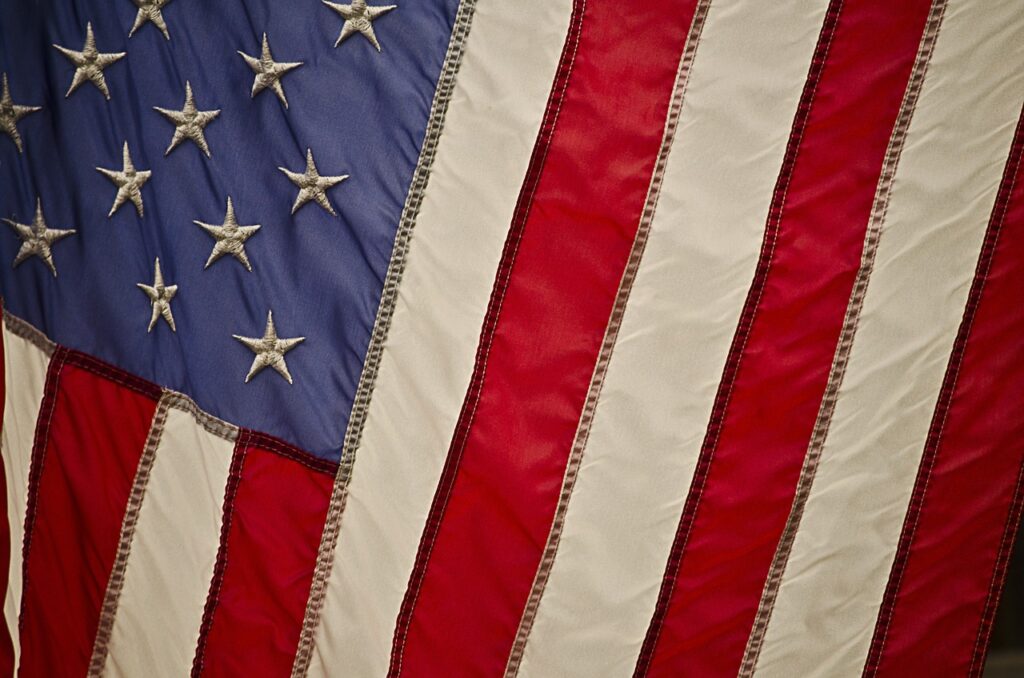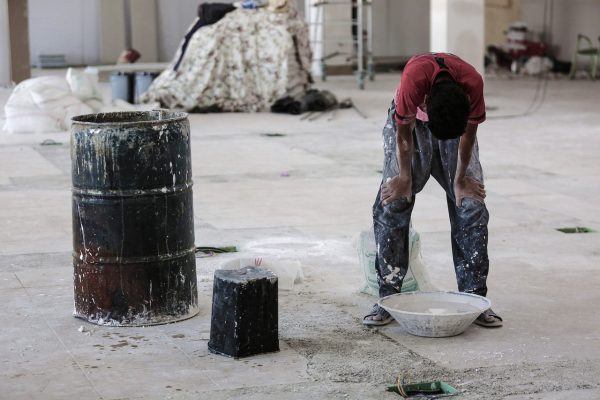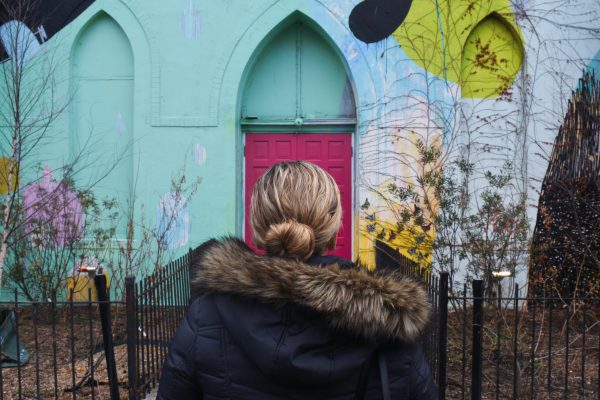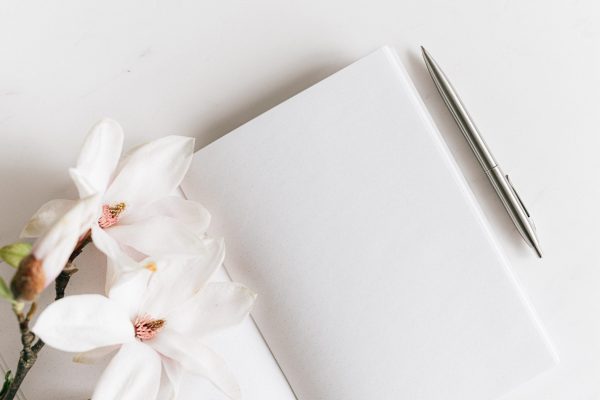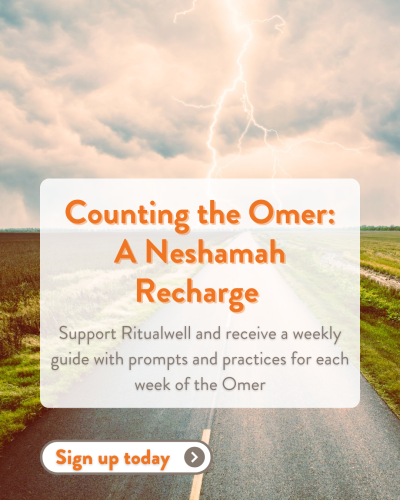Approximately 1 in 8 Americans (almost 40 million of us!) are foreign born. Most of us know someone in the process of applying for citizenship. As Jews who have wandered the globe for millennia, establishing citizenship can carry special meaning. We can be especially proud to be citizens of the U.S.—a country that cherishes and upholds the deeply Jewish values of heirut/freedom, and tzedek/justice. Obtaining citizenship is a right of passage that is often costly and challenging. For many it is the realization of a dream. Sometimes it marks the beginning of a new life. It deserves to be celebrated. Here is an outline to creating a ritual that reflects your personal journey and the meaning that citizenship may hold for you and your loved ones.
Things you will need:
· A “melting” pot (a decorative/symbolic pot) and index cards
· Music
· A guest book or other material that can be inscribed
· Festive food
· Decorations, such as a large American flag
· Video/camera to capture the event for posterity
· Good company
Things you can (temporarily) do without:
Political opinions
PRIOR TO THE CEREMONY:
Guests can be invited to select an item that symbolizes America to bring with them to the citizenship celebration. Alternatively (or in addition) they may be asked to bring donations toward a clothing drive, thereby underscoring the theme of commitment to the pursuit of justice and also giving away the old to make room for the new.
The new American citizen may wish to prepare a kavannah or prayer, which they will read aloud at the ceremony, to help themselves and others focus on their hopes and aspirations. It can be read in conjunction with a psalm or poem that speaks to their journey. Alternatively, words of Torah can be shared that relate to the journey toward citizenship and a “promised land,” to the personal and collective journeys of a specific biblical figure, or the Jewish nation as a whole.
CEREMONY:
The new citizen(s) may choose to open the gathering with the blessing of Shehekheyanu.
This may be followed by the new citizen(s) facing the American flag (standing with the right hand over the heart) and leading the pledge of allegiance:
I pledge allegiance to the Flag of the United States of America, and to the Republic for which it stands, one Nation under God, indivisible, with liberty and justice for all.
Following this, a few words can be shared about why this occasion is so meaningful to him/her (including brief words about family/place of origin, the journey toward citizenship, hopes for the future, etc.).
Other prayers that may be recited include “A Prayer for the Government and the Safety of the American Armed Forces.”1
Those who brought something symbolically “American” (e.g., pumpkin pie, a dollar bill, cutout of JFK, a Dr. Seuss book, etc.) or something that represents their own journey to citizenship (e.g., a foreign passport) are invited to briefly talk about the meaning of the item to them and/or a part of their journey.
Guests can be invited to share what America means to them, or to freely associate one word that comes up for them when they hear the word “America” or “citizenship.” The latter is more suitable for a larger crowd.
A guest book, paper tablecloth, or American flag (be sure to provide non-washable markers) can be used to capture blessings from the guests. Alternatively, each guest can be given an index card to write down their hopes, blessings, and/or prayers for the new citizen. These can then be placed in a large decorated pot that serves as a centerpiece: the melting pot. The new citizen(s) can select some of these to read aloud during the celebration.
If they haven’t already done so, all now enjoy a meal or refreshments. The hosts may serve foods representative of their native culture/country as well as typical American dishes, and/or guests could be invited to bring a dish that is meaningful to them. A talented musician (family member or friend) can invite everyone to join in a rendition of “God Bless America,” “The Star Spangled Banner,” or similar patriotic song. Alternatively, a playlist of American music can play in the background during the festivities.
1 A version can be found here: http://opensiddur.org/2010/08/a-prayer-for-the-government-by-louis-ginzberg-translation-by-r-tim-bernard/ and: http://www.ou.org/general_article/prayer_for_the_american_armed_forces#.UM6bqG-ClBo

